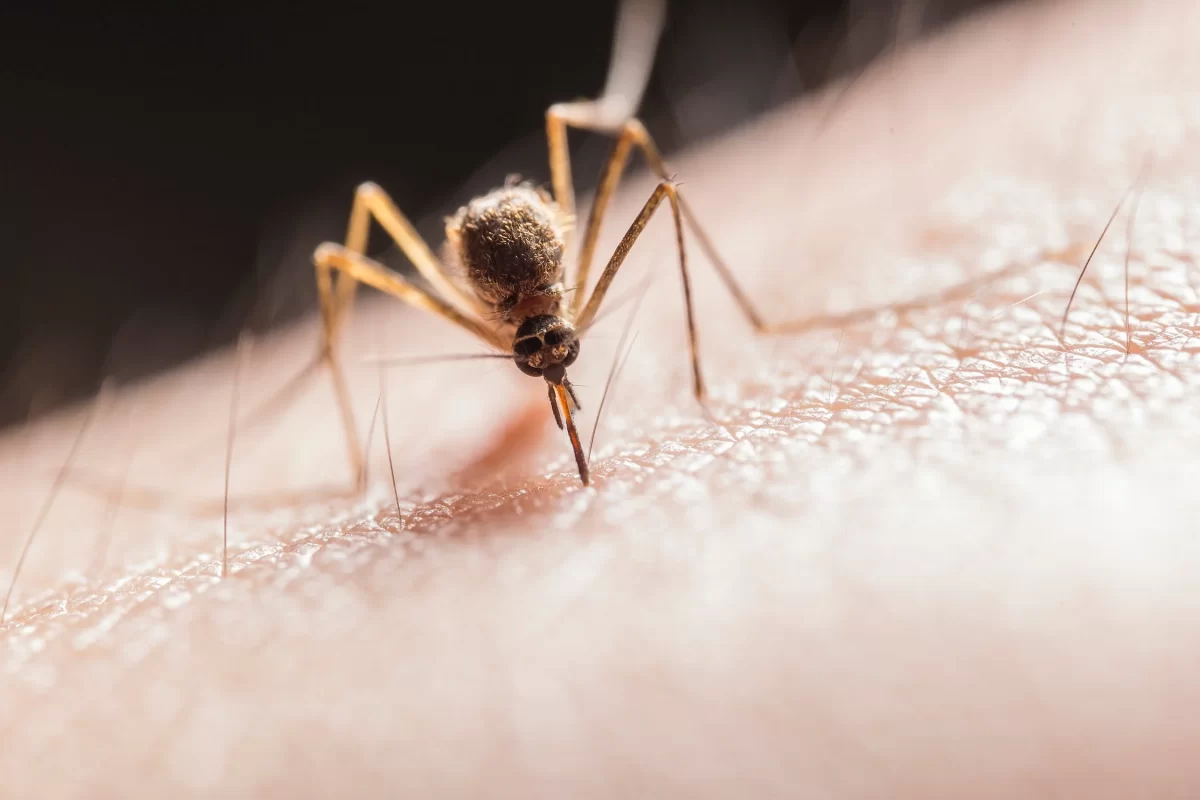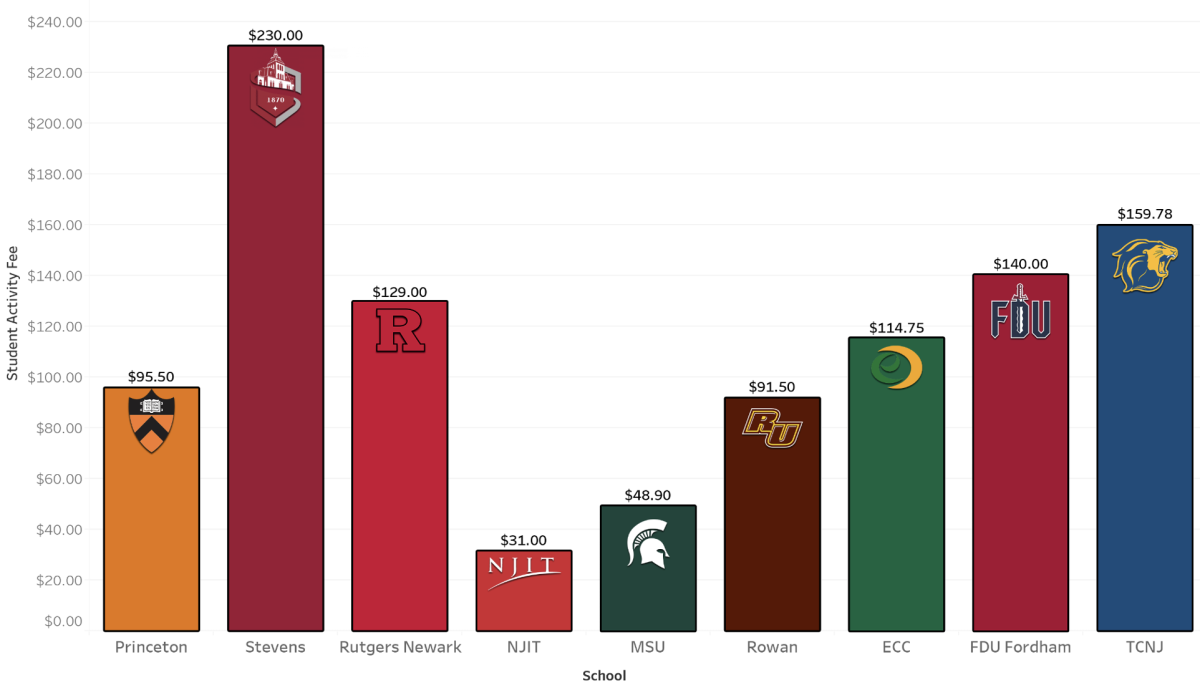Aug. 20 is marked as World Mosquito Day, the anniversary of the day on which British physician Sir Ronald Ross discovered the connection between the presence of mosquitoes and the transmission of malaria. As the United States, and the rest of the north hemisphere, approaches the colder weather, many residents can sigh in relief, knowing that they have survived another summer of being tormented by pesky blood-sucking mosquitoes. In colder temperatures, most no longer worry about putting on repellant when going outside or have to fight the urge to scratch the ever-itchy bump on mosquito bites.
However, due to changes in the climate and environment around the world, mosquitoes — and the malaria parasite — are being introduced to new populations. According to the Centers for Disease Control, or CDC, malaria is a serious and sometimes fatal disease caused by a parasite that commonly infects a certain genus of mosquito, called Anopheles or marsh mosquitoes. This genus contains over 460 mosquito species, of which hundreds feed on humans.
People who are infected with malaria tend to have high fevers, chills, and flu-like symptoms; the disease can be lethal, with over 600,000 people dying of malaria in 2021, according to the World Health Organization. Malaria does not spread like the cold or the flu, but rather through infected female Anopheles mosquitos. These female mosquitos draw parasites from the blood of infected people when they get hungry, and during their next meal, they deposit these parasites into an unsuspecting individual.
This year alone, malaria cases have been recorded in Florida, Texas, Arkansas, and Maryland. The CDC reports that malaria was eliminated as a public health threat in the United States in the mid-1950s, and the World Health Organization certified the United States malaria-free in 1970. While there are 2,000 cases of malaria reported in the United States annually, most of them are classified as having been contracted outside of the country.
Several scientists are researching new ways to combat malaria, with some of the most recent research coming from the team of Johns Hopkins researcher Dr. Marcelo Jacobs-Lorena, a professor emeritus in molecular microbiology and immunology. His research focuses on a naturally occurring bacteria that can be used to suppress the development of parasites within mosquitos that develop malaria, effectively stopping the transmission of the disease to humans. By harnessing this bacterium, scientists can develop a cost-efficient method to stop the spread of malaria.
While there is no need for panic about malaria at the moment, the CDC has issued a public health advisory with recommendations the public can take to keep themselves safe. Some possible precautions include using of insect repellent, wearing loose-fitted, long-sleeved shirts and pants, and making sure that any items in the household that may contain water are turned over once a week. Because mosquitos lay eggs near water, allowing items like buckets, birdbaths, and pools to contain water will result in an increased chance of mosquitos laying eggs in their vicinity.































